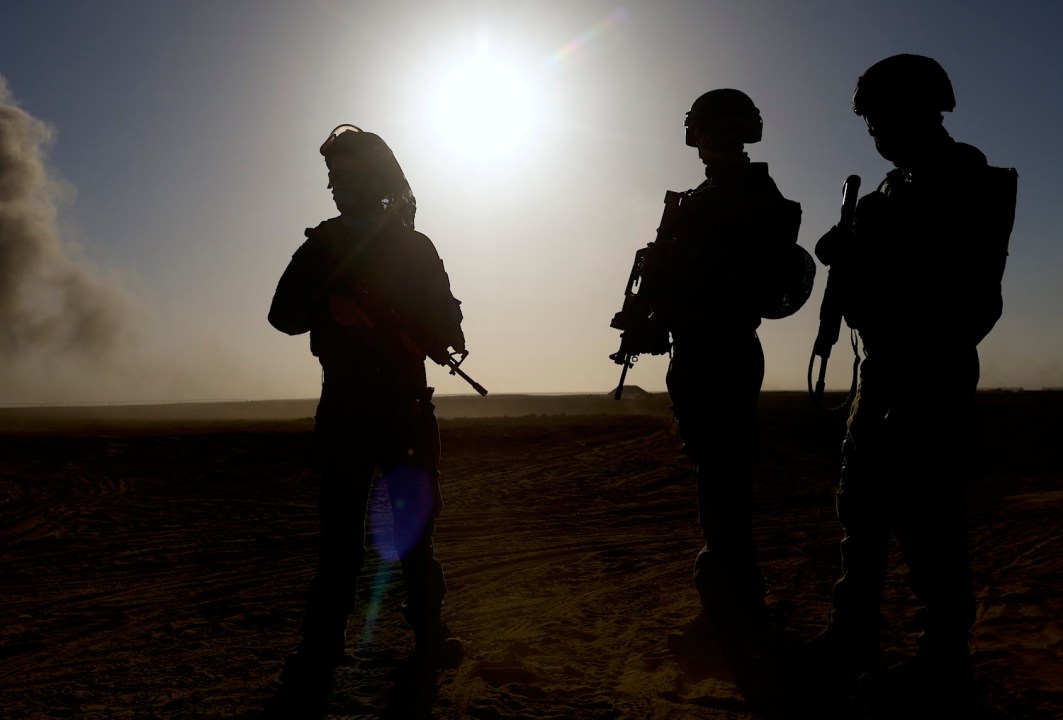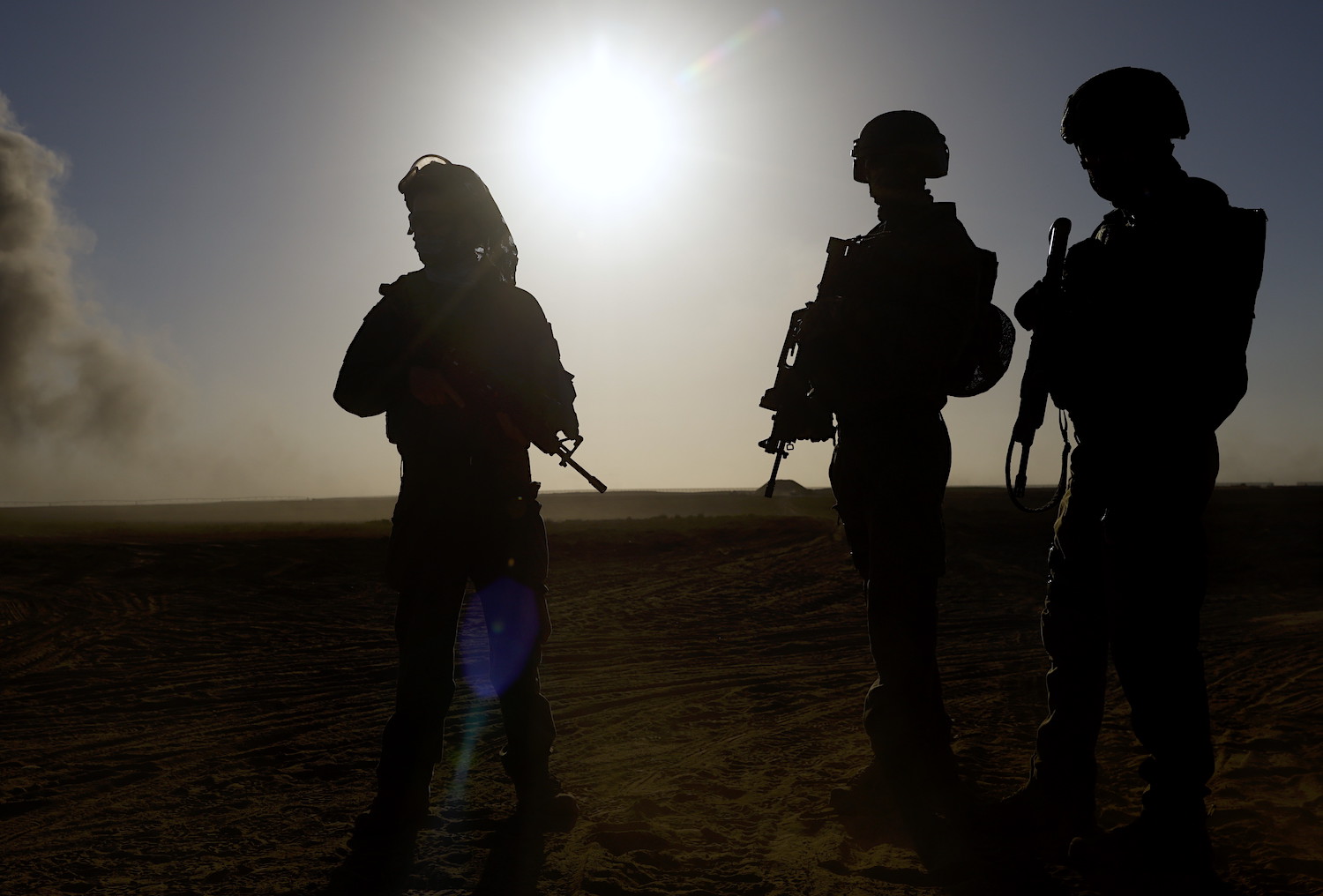The government has announced that owing to the war in Gaza, students from the Israeli Defence Forces will no longer be welcome at the UK’s Royal College of Defence Studies in London. Those who are critical of Israel will welcome this display as robust signalling. I would argue that even they, and all those who desire long-term resolution of the region’s more intractable problems, should think long before supporting it. It is more likely that the most serious damage will be done to us.
The RCDS is one the UK’s soft power jewels. I attended as a student in 2008 (one remains a member for life) and had it under command a decade later when ‘Director General UK Defence Academy’. There was a time where a wing of the UK military, over-focussed on our wars in Iraq and Afghanistan, was a little dismissive of it. Weren’t two-thirds of the circa 100 students from overseas, not all representing top tier militaries or first world nations? Wasn’t it diluted by civil servants and ‘captains of industry’? Wasn’t it just a quasi-academic talking-shop that didn’t really do ‘warfighting’?
All that was and is true to an extent, but that is also what makes it special. RCDS doesn’t teach warfighting, it teaches why wars are fought, how they end and what might deter them. It’s the ultimate course on geostrategy, and thereby attracts superb international speakers. King’s College London provides academic rigour. For those prepared to listen, one can learn a huge amount from those nations we tend to dismiss under that dreadful catch-all term: ‘The Global South’.
I know of few other institutions where the international alumni – the members for life – retain a life-long affection and revisit eagerly; the WhatsApp groups and the reunions of the annual cohorts are vibrant. On any international visits as a senior officer, one would always find a least one member of the receiving party sporting the college tie. (A scarf for female members was introduced several years ago…) Former secretaries of state for defence will tell you that it was usual when visiting their opposite numbers overseas for the first demand to be more places on RCDS.
The college’s modus operandi is respectful dialogue. The location and ways of the college incentivise diplomatic discourse – which allows tough subjects to be tackled. In the first term, students are sat in familiar surroundings. But in the second they are deliberately placed with members from across the international divides: Greece and Turkey, India and Pakistan, and Israel and the Arab states. And, not surprisingly, we usually find that barriers quickly tumble as common ground is found. One of my more memorable evenings occurred on a college overseas visit where officers from Israel, various Gulf states and Pakistan debated the seemingly intractable ‘Palestinian question’ over dinner. Even those people who think they have a good handle on it would have had their eyes opened wider.
And that is why barring the Israeli student from RCDS (one per academic year) is a bad idea. The impact on the Israeli Defence Force will be minimal, but it will make Israel question our reliability as an ally in the long-term. Others will ask if they too could be dropped so easily. It will harm RCDS as the Israeli students are always capable individuals who contribute much, and represent a point of view that is vital to any serious debate over the Middle East. This will weaken the course, and students will return to their countries not as informed and thoughtful as they might have been.
Long-term problems are solved by diplomacy and understanding ‘the other’. Institutions like RCDS form part of the deeper, quieter ‘Track 1.5’ dialogues and general confidence building measures that keep dialogue going through thick and thin. Those international members networks can be rather useful in a crisis when matters are quietly resolved via backchannels. Even when relations were starting to get rocky with Russia and China, we still encouraged them to send students, which makes the singling out of Israel, a long-term ally, even more questionable. We shouldn’t be undermining the good that RCDS does for a gesture that will harm us the most in the long run.








Comments